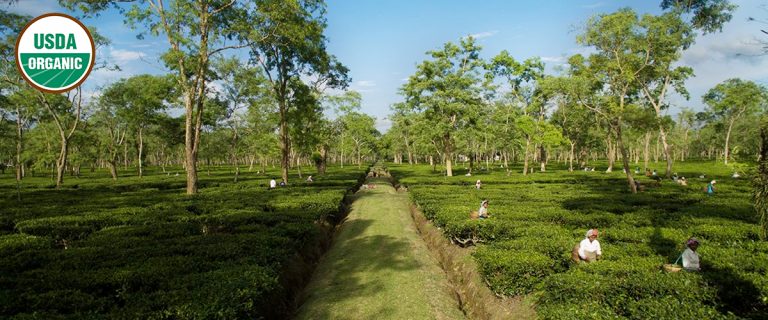What is Organic Certification?
Organic certification is offered to producers of organic agricultural products and organic food items. This certification verifies that the producer (a farm or a handling facility) located anywhere in the world complies with the USDA organic regulations and is allowed to sell, label, and represent products as organic.

Who certifies a farm or a holding facility as being ‘organic’?
A designated entity – private, state of foreign – accredited by the United States Department of Agriculture (USDA) has the authority to offer this certification.
Who is USDA?
United States Department of Agriculture (USDA) is a federal department of the United States responsible for developing and executing policy on farming, agriculture, forestry, and food. It is chiefly involved in promoting agricultural trade and production, developing norms and policy related to food safety, and safeguarding natural resources, among others.
A USDA organic certification offers the assurance of good quality product and organic practices.
It has been widely accepted that organic agricultural practices are those aimed at building sustainable, ecologically sensitive farming processes that enhance and safeguard the biodiversity of a region.
For verification of organic practices and offering organic certification, a USDA-certified agency adheres to a defined set of standards (general organic principles) mentioned in the Organic Foods Production Act. This set of standards takes into account various pivotal parameters associated with food production, including quality of soil and water, pest control, and rules for food additives.
What is USDA-certified organic tea?
A USDA organic certification guarantees that the length of the entire journey of a tea – from the farm to your cups – takes place in adherence to their prescribed standards, ensuring that you consume a quality, organic product.
A list of USDA-certified organic estates featured on Teabox.com:
In Darjeeling, Avongrove, Barnesbeg, Jungpana, Mim, Oaks, Samabeong, Selim Hill, Sungma, Singbulli, Seeyok, Turzum and Risheehat.
In the Nilgiris, the Korakundah estate.
In Assam, the Chota Tingrai estate.
In Nepal, the Ilam estate.
In the northeastern part of India, Mouling (Arunachal Pradesh) and Lakyrsiew (Meghalaya) estates.

Comments are closed.